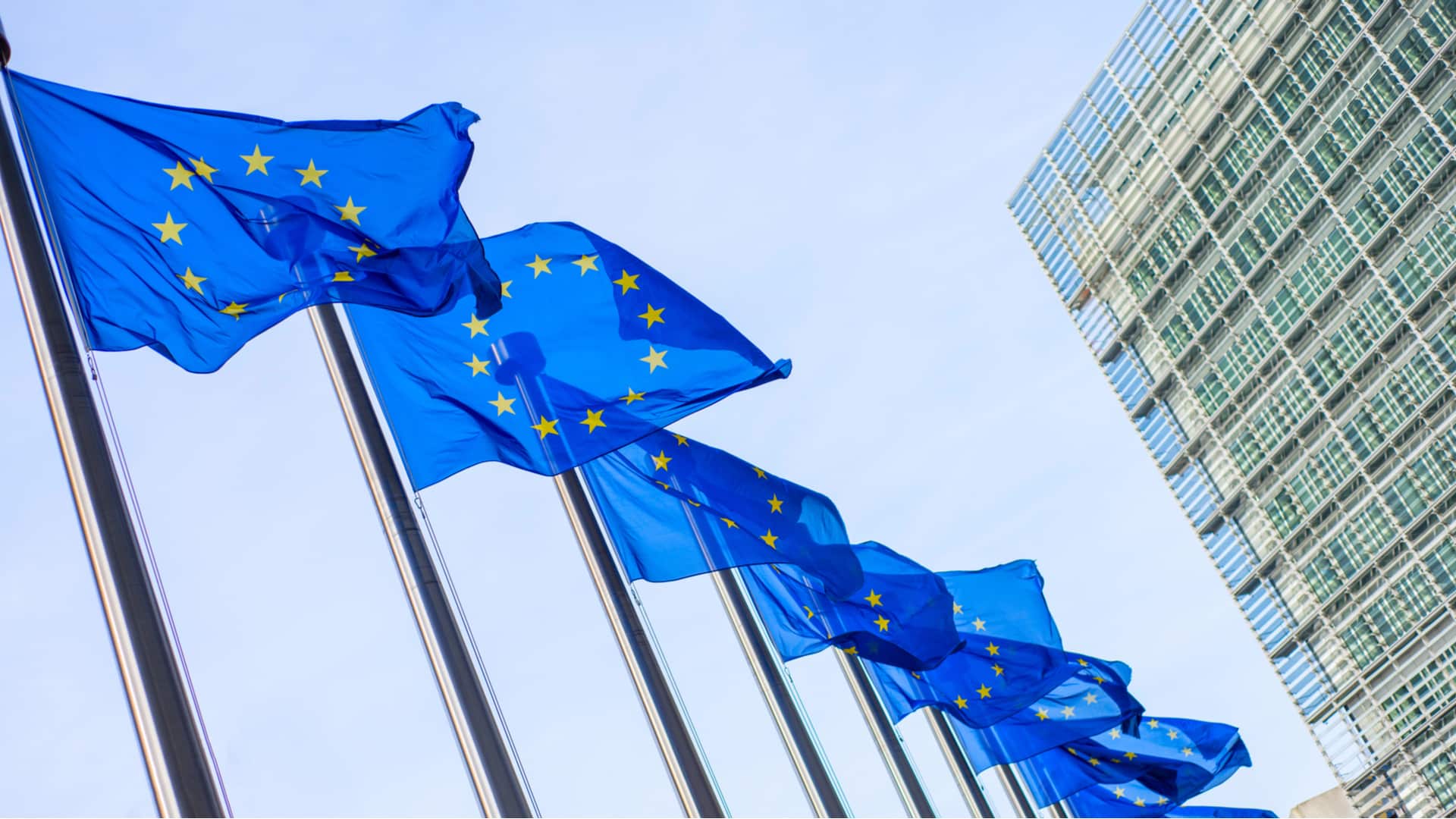
Late last week, the European Union finalized the specifics of the Digital Markets Act. It is thought likely the Act will easily be approved by a vote of the European Parliament. The restrictions introduced by the legislation will apply to companies above a certain level of market capitalization and will include AliBaba, Alphabet, Amazon, Apple, Microsoft and Meta as well as a number of slightly smaller platforms.
Why we care. There are two reasons to take note of these developments. First, the turning of the tide against so called “gatekeeper” platforms — the on-ramps to the internet — is at the same time a turning of the tide against walled gardens. Amazon, Apple, Google and Meta, in their different ways, have sought to create self-contained eco-systems that brands must tolerate if they are to sell, advertise or engage on those platforms.
In a significant speech last year, Jeff Green, CEO of The Trade Desk, said that many tech companies, said Green, are using privacy “both as a sword and a shield. To protect themselves in some cases, and in other cases to gain more ‘land.’ It’s really important that all of us acknowledge that that’s happening, as well as figure out what we need to do on behalf of the open internet and our individual companies.”
The open internet is going to get a helping hand from Europe — and the second reason to take note is that what happens in Europe can happen here. CCPA followed reasonably hard on the heels of GDPR. Those members of Congress suspicious of Big Tech’s dominance now have a blueprint to follow.
Get the daily newsletter digital marketers rely on.
More details on the legislation. Here the kinds of restrictions to expect Google will not be able to collect data from its various srvices to support targeted advertising without user consent. Apple may need to offer alternatives to the Apple App Store. There are also likely to be constraints on bundling services and self-preferencing. Of course, the effect of the law in practice will largely be determined by how European courts interpret it, but it seems likely to impact business models.
This isn’t the end of the matter. Legislation is also anticipated that will compel social media platforms to more rigorously police content.
Read next: IAB Europe agrees to change Transparency and Consent Framework for EU ad industry





